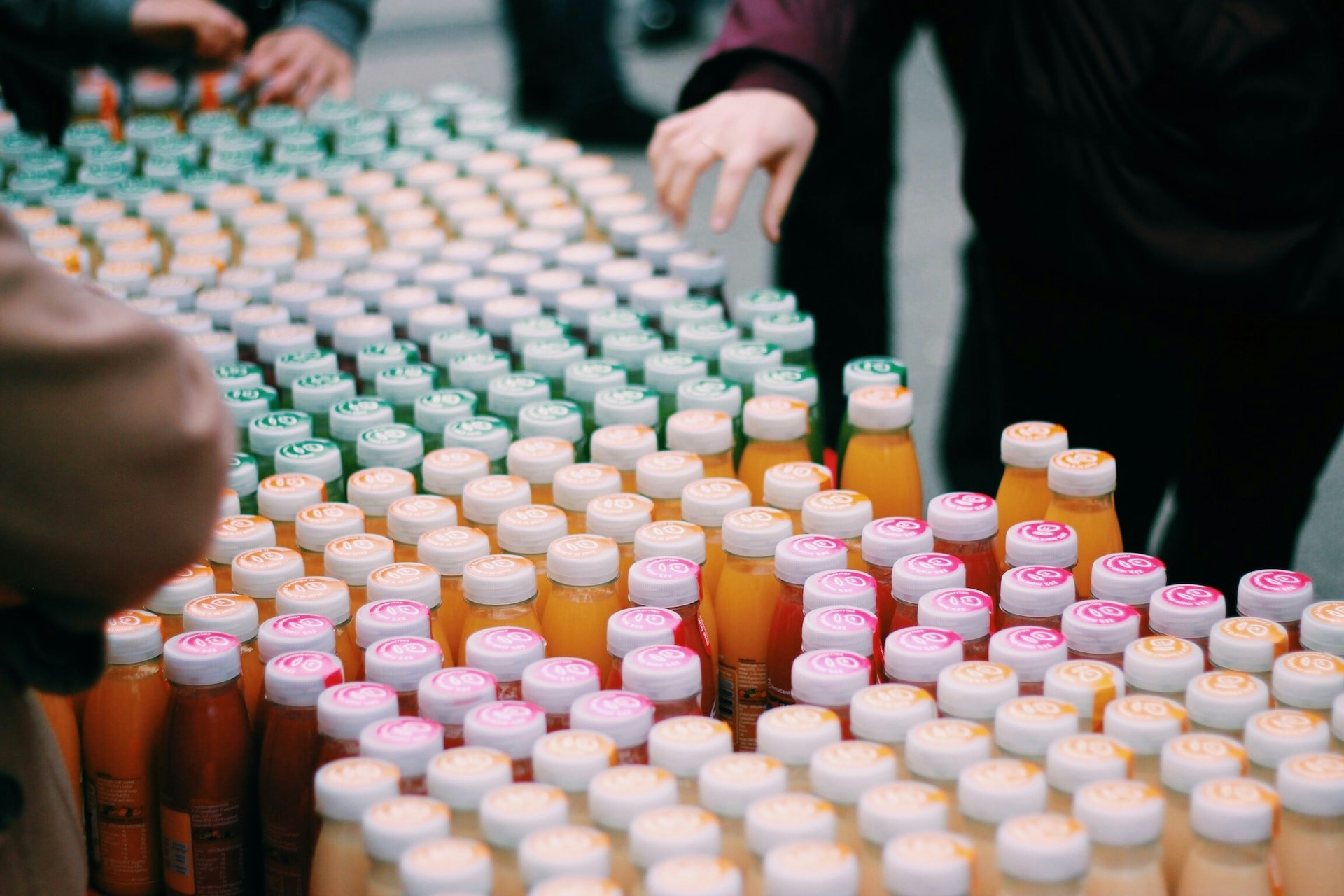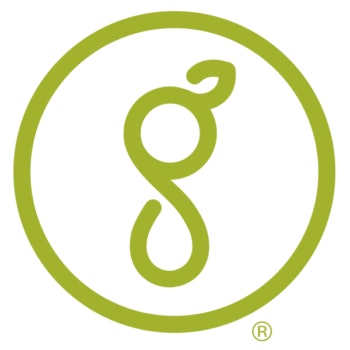Although the freshest juices and the best recipes are essential, there are many other crucial aspects to consider when you decide to bottle freshly squeezed or cold-pressed juices.
In this article, we'll explore the dos and don'ts of bottling juice for sale, from preparation to the sales counter.
Recipe Creation
The first step is to create a selection of juice recipes, but keep your list short at first. It's best to test the market before going all out, keeping customer preferences, nutritional value, and in-season options in mind. (Here you can find all the recipe information you need, from veggie powered green juices to superfood blends). Once you've established your recipes, it's time to get yourself to the fresh-produce market.
Ingredient Selection
Choose only top-quality fruits and vegetables, and ensure your suppliers prioritize food safety standards. Well-sourced, seasonal and farm-fresh produce will always taste better. Some customers will happily pay more for organic fruits and vegetables juice as well.
Safe Production Facility
Whether you start off on a small scale, bottling juices at home, or setting up a bottling plant, food safety and sanitation are vital. Equipment and workspaces require frequent sanitation that adheres to all state and local policies and standards.
Juice Pressing
For the highest quality juice, and a well-made juicer that lasts, we recommend a Goodnature juice press. We offer multiple sizes depending on the size and needs of your business, and you'll never regret opting for cold-pressed instead of traditional masticating juicers.
Be sure to properly rinse and dry the fruits and veggies before pressing or extracting the juice.
Choosing Juice Bottles
Appealing packaging and branding play significant roles in attracting customers. With eco awareness and the desire to limit carbon footprints, glass bottles have proven to be perceived by consumers as containing high-quality juices.
However, some juicers choose to use PET or BPA-free plastic juice bottles. Here, you can get valuable information about plastic vs. glass bottles.
Bottling Juice for Sale
Freshly prepared juice should be bottled immediately because oxygen exposure speeds up oxidation.
Use glass or BPA-free plastic bottles with tamper-evident lids specifically designed for juice storage, and label the lids with a "Use-By" date for your customers.
Sterilize the bottles in a commercial bottle sterilizer or wash them in a dishwasher at a high-temperature cycle setting.
Fill the bottles to the brim before sealing them with airtight seals to prevent leakage and contamination. Limiting the amount of air in the bottle can extend the shelf life of the juice.
However, if you plan to freeze the bottled juice, you should leave space for expansion.
Labeling Juice Bottles for Sale
Juice bottle labels should be informative and include the name of the juice, the ingredients, nutritional information, and an expiration date. Compliance with local food labeling regulations is crucial.
One of the important aspects to consider when choosing appropriate labels for bottled juices is water resistance. This will ensure that condensation won't render logos, text, and designs illegible. Moreover, water-resistant labels will not smudge or peel off to spoil your juice brand.
Storing Bottled Juices
Leaving the bottled juices on the countertop will spoil their freshness. Store them immediately in a refrigerator at 41 °F (5 °C) or below.
Proper storage will ensure your freshly produced juices maintain their nutritional value and vibrant colors.
Establish a FIFO system (first-in, first-out) with clear expiration dates to manage juice stocks and monitor shelf life.
Quality Control
When you bottle juice for sale, quality control is crucial. Implement measures to conduct frequent microbial and taste tests for consistency, and safety.
Compliance with Regulations
Familiarize yourself with local, state, and federal food safety regulations and permits, and obtain the necessary licenses and certifications.
Conclusion
Remember that the cold-pressed juice market can be competitive, so focusing on quality, consistency, and unique flavors and blends can help your product stand out.
Additionally, consider seeking advice from experts or organizations in the food and beverage industry, as they can provide valuable insights and guidance tailored to your specific situation.
Note: Want the highest quality supplies for your juice business at wholesale prices? Check out the Goodnature Marketplace. Choose from a premium selection of glass and plastic bottles, superfoods and more!


Comment